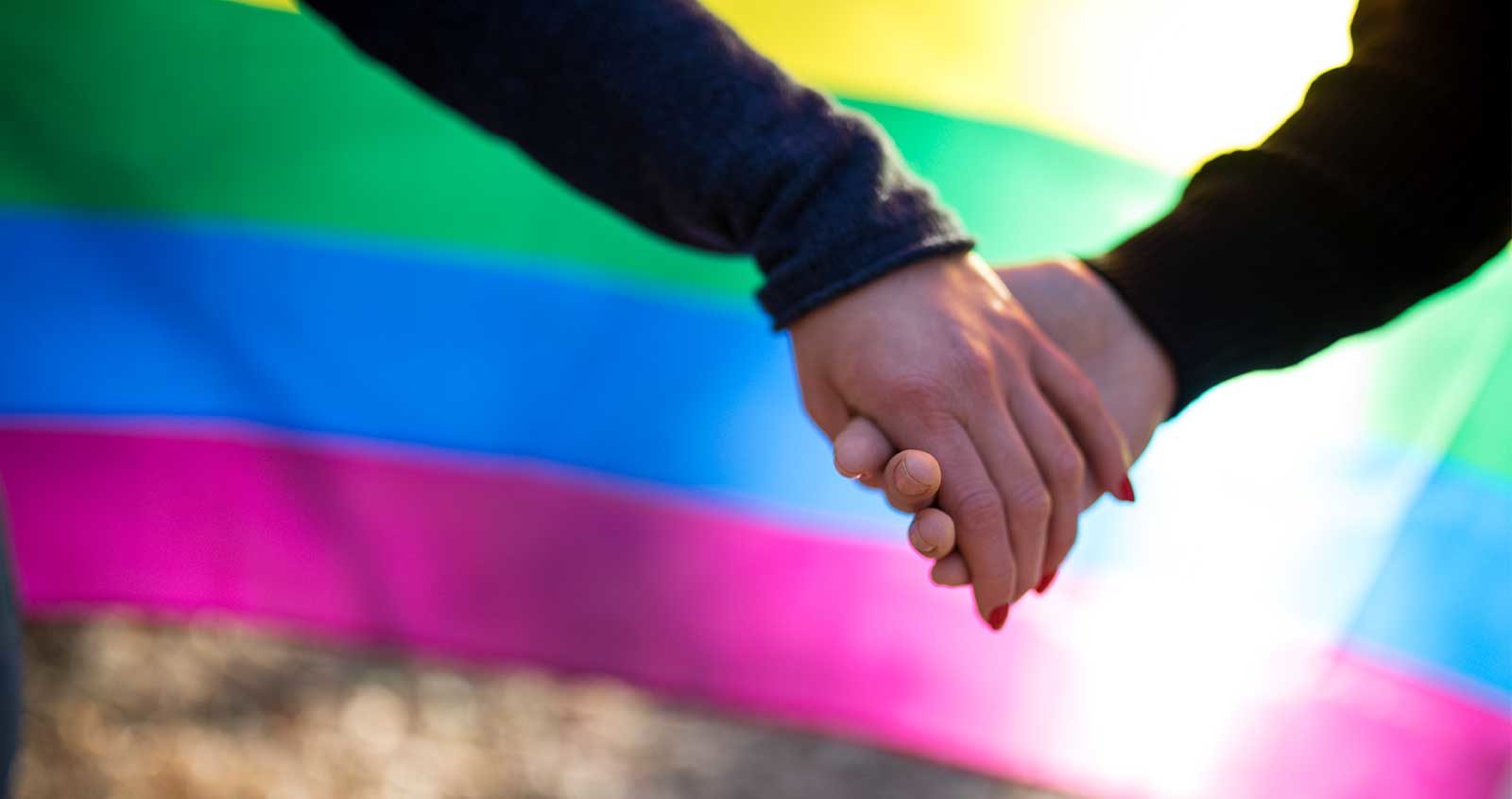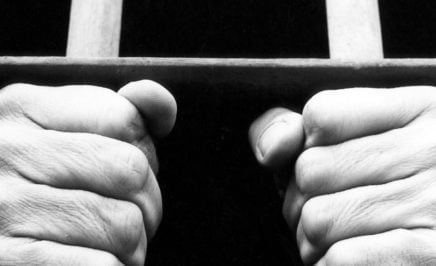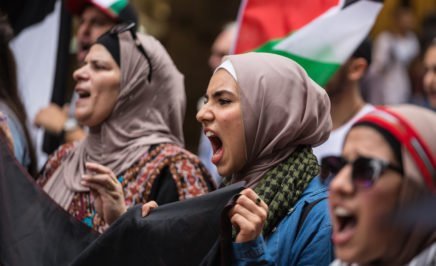Singapore authorities must immediately revoke a new requirement that requires that entrances to a peaceful assembly are barricaded, and that people will be subjected to identity checks in order to enter. This restriction is another attempt by authorities to restrict and suppress peaceful activism in Singapore.
On 30 May, organisers of Pink Dot – an annual gathering for lesbian, gay, bisexual and transgender (LGBT) people, their friends, families and supporters of LGBT rights – announced that police will require barricades around the perimeter of Hong Lim Park, where the event is scheduled to be held. Additionally, as well as bag checks, mandatory identity checks would be carried out on the day of the event. Pink Dot has taken place in Singapore since 2009, and is next scheduled to take place on 1 July 2017. Security concerns, as well new legal restrictions which prevent participation in public assemblies by those who are not Singapore citizens or permanent residents, are apparently the reason for these measures.
Amnesty International believes that these latest restrictions imposed by the Singaporean authorities on peaceful assembly are another attempt to force almost impossibly stringent requirements on activists and human rights defenders in the country. These measures are, in effect, yet another means of discouraging gatherings and protests by individuals and groups who challenge social and cultural norms or who express dissenting views.
The organisation is particularly concerned that the new decision to impose identity checks on event participants sets a disturbing precedent. As such, it calls on the government to urgently clarify if all other assemblies will be subject to the same restrictions as Pink Dot.
In April 2017, amendments to Singapore’s Public Order Act adopted by its parliament gave police and other officials additional broad powers to limit or ban public assemblies and protests. Under the revised Act, police and the Home Minister have wide discretion to cancel, postpone or relocate events. The Act also banned those who are not Singapore citizens or permanent residents from attending, organising or funding, assemblies in any way.
The amendment to the Public Order Act increases the risk of criminalisation of peaceful assembly in Singapore and will stigmatise those who participate in these rallies, including LGBT people, instead of ensuring they are able to enjoy their human rights without discrimination.
Discrimination against LGBT people in Singapore was raised by numerous states during the review of Singapore’s human rights record at the UN in 2016. Section 377A of the Penal Code criminalises consensual sexual relations between men, and must be repealed. In June 2016, the Home Affairs Ministry announced that foreign corporate sponsors would no longer be allowed to fund Pink Dot. As a consequence of this restriction, the organisers were forced to raise funds towards the 2017 event solely from local donors.
The Universal Declaration of Human Rights affirms that everyone has the right to freedom of peaceful assembly. Under international human rights law, this right is not limited to those who are citizens or permanent residents of a country, and restrictions on it are only permissible if they are demonstrably necessary and proportionate for the protection of specific public interests or the rights and freedoms of others.
Amnesty International calls on the Singaporean authorities to respect and protect the right to peaceful assembly and ensure that they work to facilitate peaceful demonstrations instead of creating more restrictions to silence communities, or their critics.
Background
The Public Order Act, first promulgated in 2009, regulates public talks, religious assemblies and political protests, among other public events in Singapore.
As of 3 April, organisers of public events have had to adhere to strict measures such as applying for a permit at least 28 days in advance and informing the police of the estimated size of the gathering. Failure to do so will result in a fine of SGD $20,000 (AUD $19,500) or imprisonment for up to a year, or both.
Under the revised Act, police and the Home Minister have broad powers to cancel, postpone or move events. An application for a permit may also be rejected if the police deem that a public meeting will be used for a political purpose and be attended, organised or funded, in any way by foreign nationals.
In April, Amnesty International expressed concern that authorities would use the added powers granted by the new law to further curtail freedom of expression and peaceful assembly, in an environment where government critics and activists are already heavily controlled.




